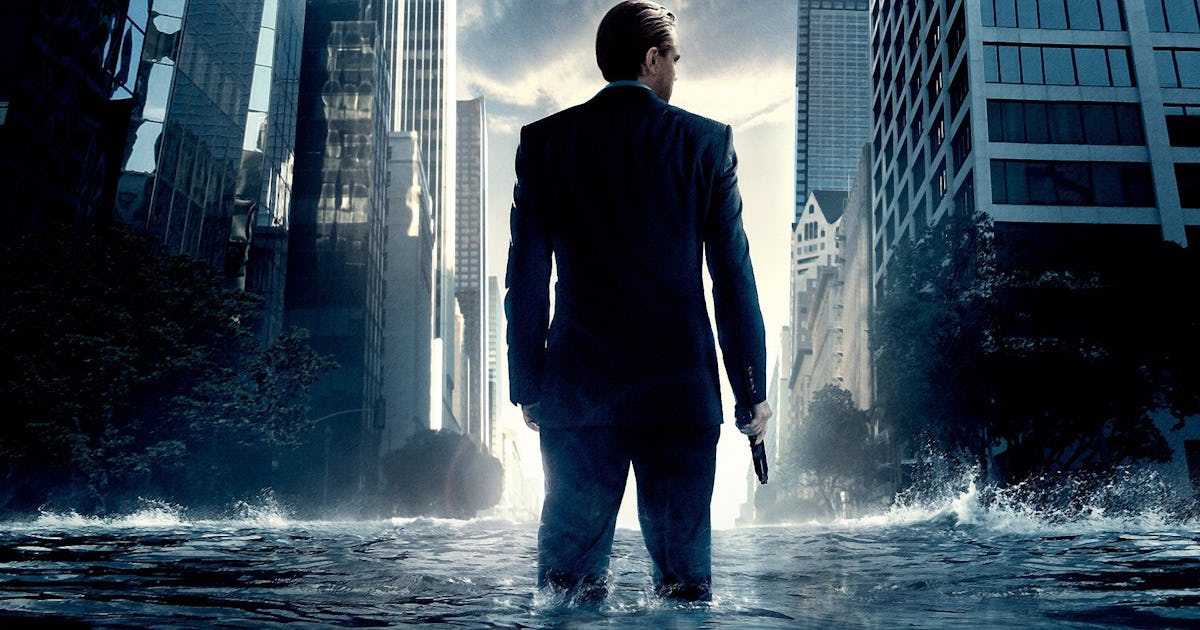
"The phrase "ending explained" has become a cultural phenomenon, driving internet traffic and sparking widespread discussions about movie conclusions and interpretations."
"Inception, released 15 years ago, remains a prime example of a film that generates extensive analysis and speculation about its complex narrative and themes."
"The film's protagonist, Cobb, utilizes advanced technology to manipulate dreams, taking on an ambitious task of implanting an idea rather than stealing one."
"The unique dream-logic of Inception leaves many viewers seeking clarification, evidenced by the enduring demand for content that explains its intricate plot and motifs."
"Ending explained" has emerged as a significant phrase in pop culture, reflecting a widespread desire to understand movie conclusions. Films like Inception have fueled the explainer culture, prompting audiences to investigate themes and narrative structures. Inception features Cobb, a thief navigating complex dream-sharing technology to fulfill a challenging mission of idea implantation. Its intricate dream-logic has sustained interest, resulting in ongoing discussions and analyses across various platforms, indicating a collective quest for clarity in storytelling and thematic interpretation.
Read at Inverse
Unable to calculate read time
Collection
[
|
...
]